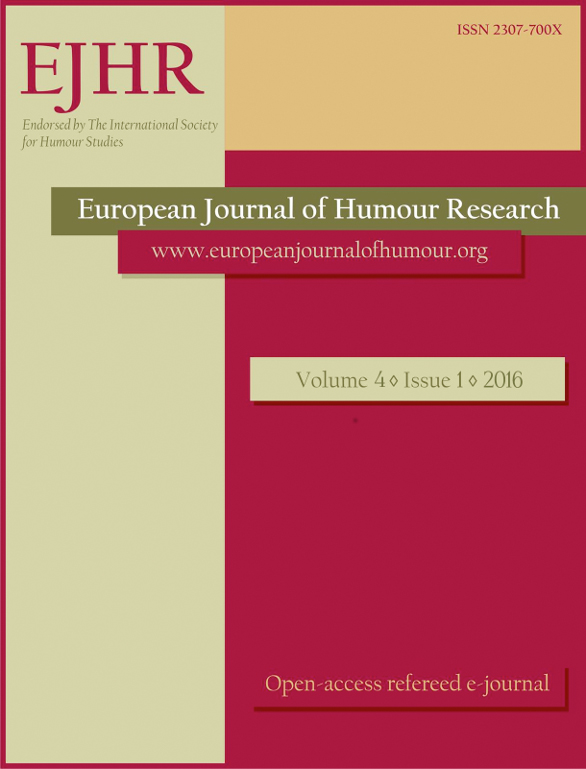Towards the automatic detection and identification of English puns
Towards the automatic detection and identification of English puns
Author(s): Tristan Miller, Mladen TurkovićSubject(s): Language and Literature Studies, Theoretical Linguistics, Applied Linguistics, Morphology, Lexis, Pragmatics, Descriptive linguistics, Phraseology
Published by: Krakowskie Towarzystwo Popularyzowania Wiedzy o Komunikacji Językowej Tertium
Keywords: puns; word sense disambiguation; lexical semantics; paronomasi;, sense ambiguity;
Summary/Abstract: Lexical polysemy, a fundamental characteristic of all human languages, has long been regarded as a major challenge to machine translation, human–computer interaction, and other applications of computational natural language processing (NLP). Traditional approaches to automatic word sense disambiguation (WSD) rest on the assumption that there exists a single, unambiguous communicative intention underlying every word in a document. However, writers sometimes intend for a word to be interpreted as simultaneously carrying multiple distinct meanings. This deliberate use of lexical ambiguity — i.e. punning — is a particularly common source of humour, and therefore has important implications for how NLP systems process documents and interact with users. In this paper we make a case for research into computational methods for the detection of puns in running text and for the isolation of the intended meanings. We discuss the challenges involved in adapting principles and techniques from WSD to humorously ambiguous text, and outline our plans for evaluating WSD-inspired systems in a dedicated pun identification task. We describe the compilation of a large manually annotated corpus of puns and present an analysis of its properties. While our work is principally concerned with simple puns which are monolexemic and homographic (i.e. exploiting single words which have different meanings but are spelled identically), we touch on the challenges involved in processing other types.
Journal: The European Journal of Humour Research
- Issue Year: 4/2016
- Issue No: 1
- Page Range: 59-75
- Page Count: 17
- Language: English

